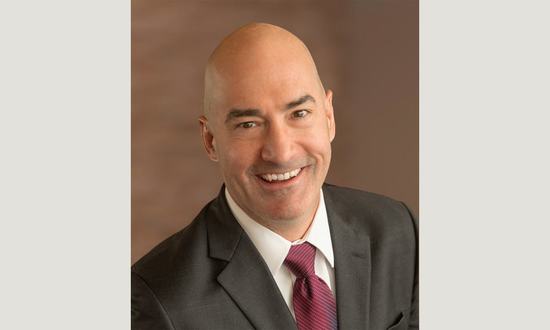Everyone was taught it is dangerous to hitchhike with strangers. Yet this is exactly what people do when they use Uber or Lyft to summon a ride. Uber and Lyft want their passengers’ trust and money, but the companies want no legal accountability when one of their drivers rapes, robs or murders a passenger.
It is a pleasant fiction to believe that getting into an Uber or a Lyft vehicle is no different than getting into a taxicab. Unfortunately, the evidence indicates otherwise. Traditionally, cities heavily regulated taxicab companies operating in their cities. Those regulations inevitably included a requirement taxicab companies fingerprint their drivers to check criminal records. Why fingerprinting? Because fingerprinting is the gold standard for checking a person’s criminal record. The use of names, dates of birth, Social Security numbers, and other alternative identifying information is far less reliable because it can too-readily be faked.
This content has been archived. It is available through our partners, LexisNexis® and Bloomberg Law.
To view this content, please continue to their sites.
Not a Lexis Subscriber?
Subscribe Now
Not a Bloomberg Law Subscriber?
Subscribe Now
LexisNexis® and Bloomberg Law are third party online distributors of the broad collection of current and archived versions of ALM's legal news publications. LexisNexis® and Bloomberg Law customers are able to access and use ALM's content, including content from the National Law Journal, The American Lawyer, Legaltech News, The New York Law Journal, and Corporate Counsel, as well as other sources of legal information.
For questions call 1-877-256-2472 or contact us at [email protected]


 Quentin Brogdon is a personal injury trial lawyer in Dallas, Texas. (Courtesy Photo.)
Quentin Brogdon is a personal injury trial lawyer in Dallas, Texas. (Courtesy Photo.)




